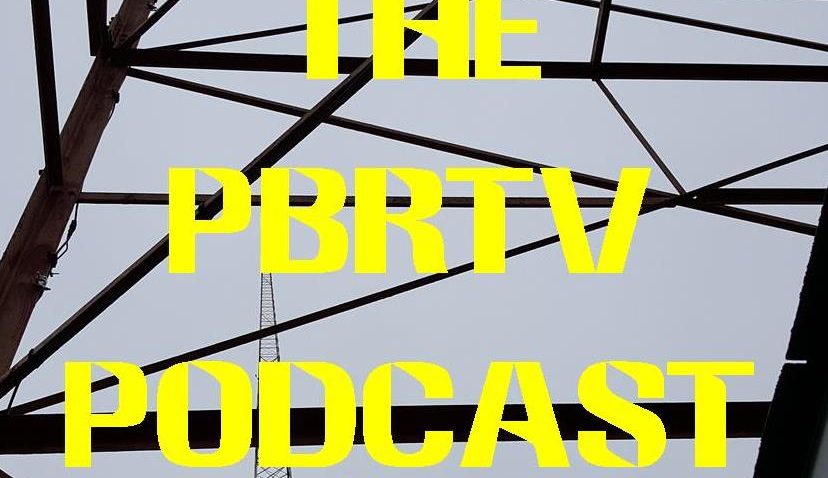1955: ‘Remarkable strides’ for educational TV
February 25, 2008

“Educational television, beset by difficulties and loaded with problems, continues to show remarkable growth,” wrote radio-TV critic Lawrence Laurent in The Washington Post on Jan. 15, 1956.
One of the big success stories was “The Children’s Corner,” developed at Pittsburgh’s WQED-TV (13) and picked up by NBC for a three-year contract in 1955.
The show created by Josie Carey and Fred Rogers first appeared on network television at 10:30 a.m. Saturday, Aug. 20, 1955, as a summer replacement for the “Winchell and Mahoney Show,” starring ventriloquist Paul Winchell and his dummy, Jerry Mahoney.
For four weeks through Sept. 10, “Children’s Corner” shows were seen on a “sustaining” basis (i.e. “unsponsored”) on NBC, including “the famous Daniel S. Tiger and his puppet friends,” reported the Pittsburgh Courier.
“Hostess Josie Carey, Producer Fred Rogers and their troupe will travel to New York to telecast the half-hour sustaining show live,” the Courier reported Aug. 13, 1955. “Rated the top program developed at Station WQED, the ‘Children’s Corner’ has captured the hearts of youngsters in this area who write over 4,000 letters a week to Josie and her friends.
“Although the hour-long show will be reduced in time, the only change in the format will be the elimination of special guests,” the newspaper said.
While Rogers and Carey were in New York, kinescopes (filmed copies of the live broadcasts) of old “Children’s Corner” shows aired on WQED.
The New York Times noted approvingly that “Children’s Corner” was “designed for youngsters” but “tries to amuse adults as well.”
“‘Children’s Corner’ attempts to blend fantasy with fact, and instruction with fun,” Val Adams wrote on Dec. 13, 1955. “It was created by Josie Carey, who appears on stage. Fred Rogers, who manipulates puppets from back stage, writes the scripts and composes.
With typical Times thoroughness, Adams noted that Daniel S. Tiger, who spoke only French, was “a tame tiger (a puppet).”
Apparently, that distinguished Daniel from all of the real, live tigers who were speaking French on network TV in 1955.

